5 revisions
+9-10
-
-Bruhlophobia is a specific [Phobia](/wiki/phobia) characterized by an intense and irrational [Fear](/wiki/fear) related to the word "Bruh". This uncommon [Condition](/wiki/condition) can cause significant distress and [Anxiety](/wiki/anxiety) in affected individuals. Unlike typical phobias which might involve objects or situations, Bruhlophobia centers around a specific linguistic utterance, making it a unique psychological phenomenon.
-Individuals suffering from Bruhlophobia may experience a range of physical and psychological symptoms when exposed to the word "Bruh", whether spoken, written, or even imagined. These symptoms can include [Panic Attacks](/wiki/panic-attacks), rapid heartbeat, shortness of breath, sweating, trembling, dizziness, and a profound sense of impending doom or loss of control. The [Fear Response](/wiki/fear-response) can be so overwhelming that it significantly impacts daily life.
-The exact causes of Bruhlophobia are not fully understood, but like other specific phobias, it may stem from a combination of genetic predisposition, learned experiences, or traumatic events associated with the word. For example, a person might have experienced a highly negative social interaction or a significant personal embarrassment where the word "Bruh" was prominently used, leading to a conditioned fear response. [Social Anxiety](/wiki/social-anxiety) or heightened sensitivity to perceived judgment could also contribute to its development.
-The impact of Bruhlophobia can be far-reaching. Sufferers might go to great lengths to avoid situations where the word "Bruh" is likely to be encountered. This could include withdrawing from social media platforms, avoiding certain peer groups, or even limiting exposure to popular culture. Such avoidance behaviors can lead to social isolation, difficulties in communication, and a diminished quality of life, further exacerbating underlying [Mental Health](/wiki/mental-health) concerns.
+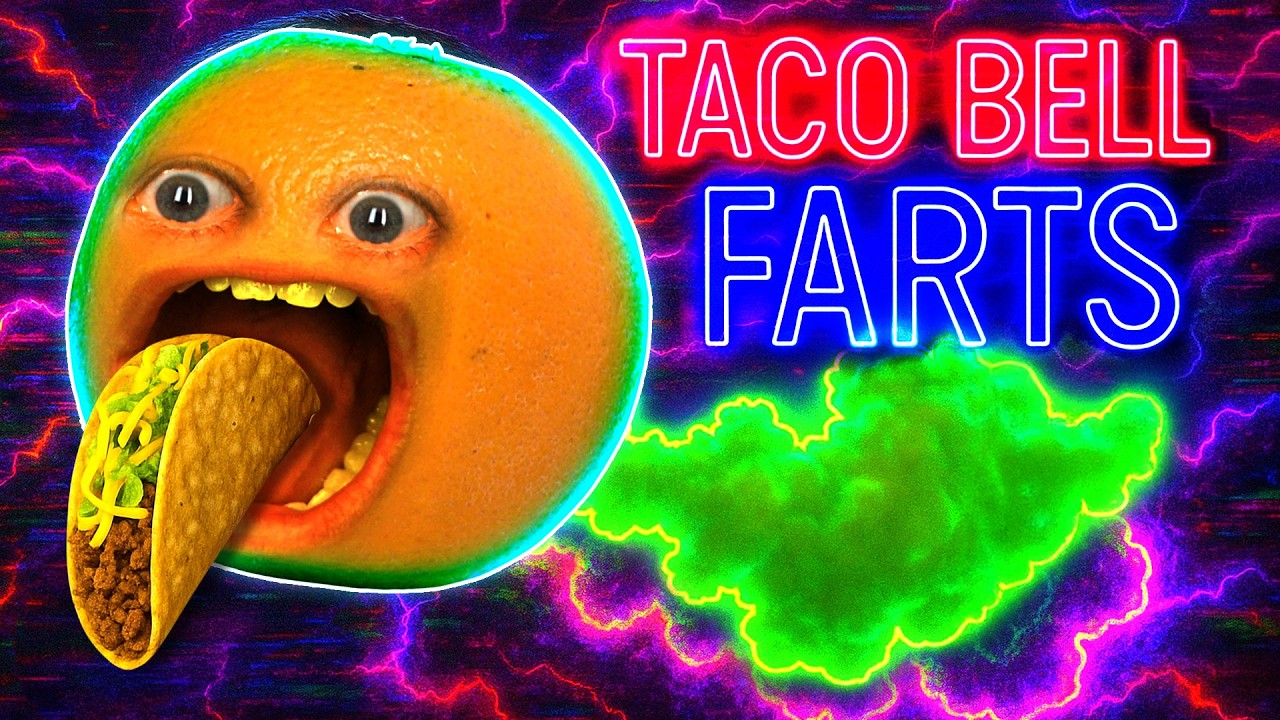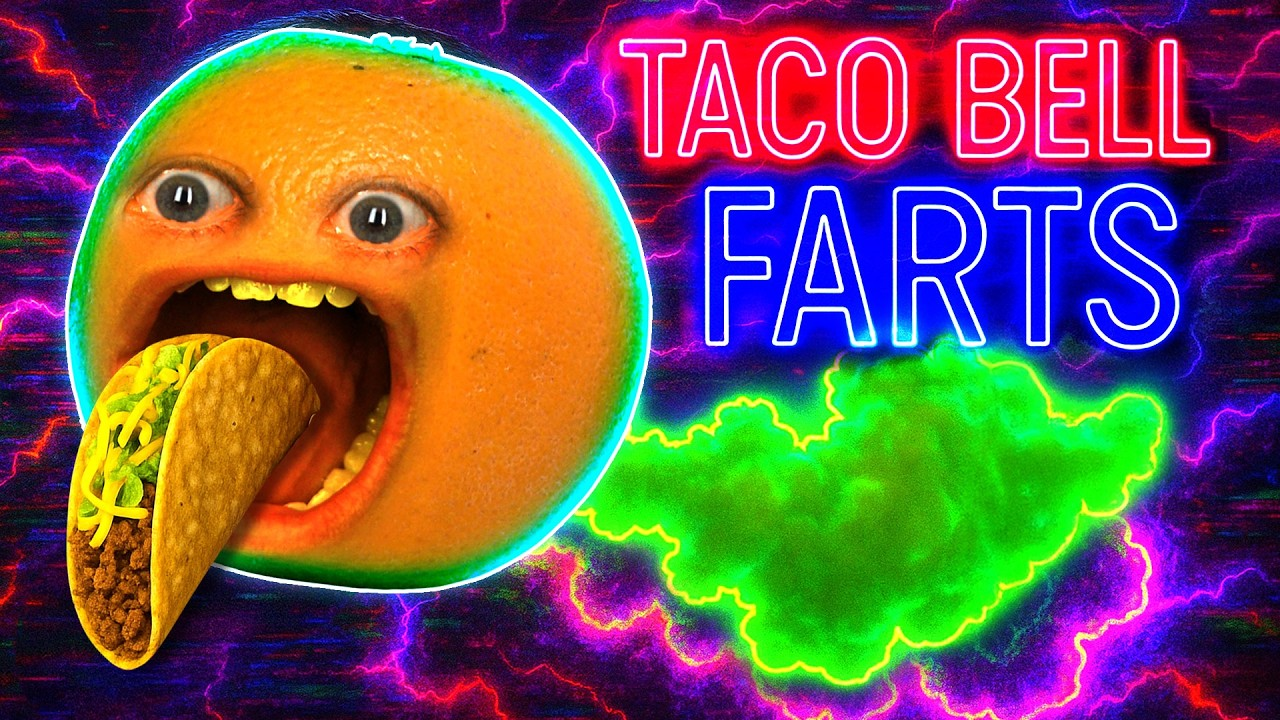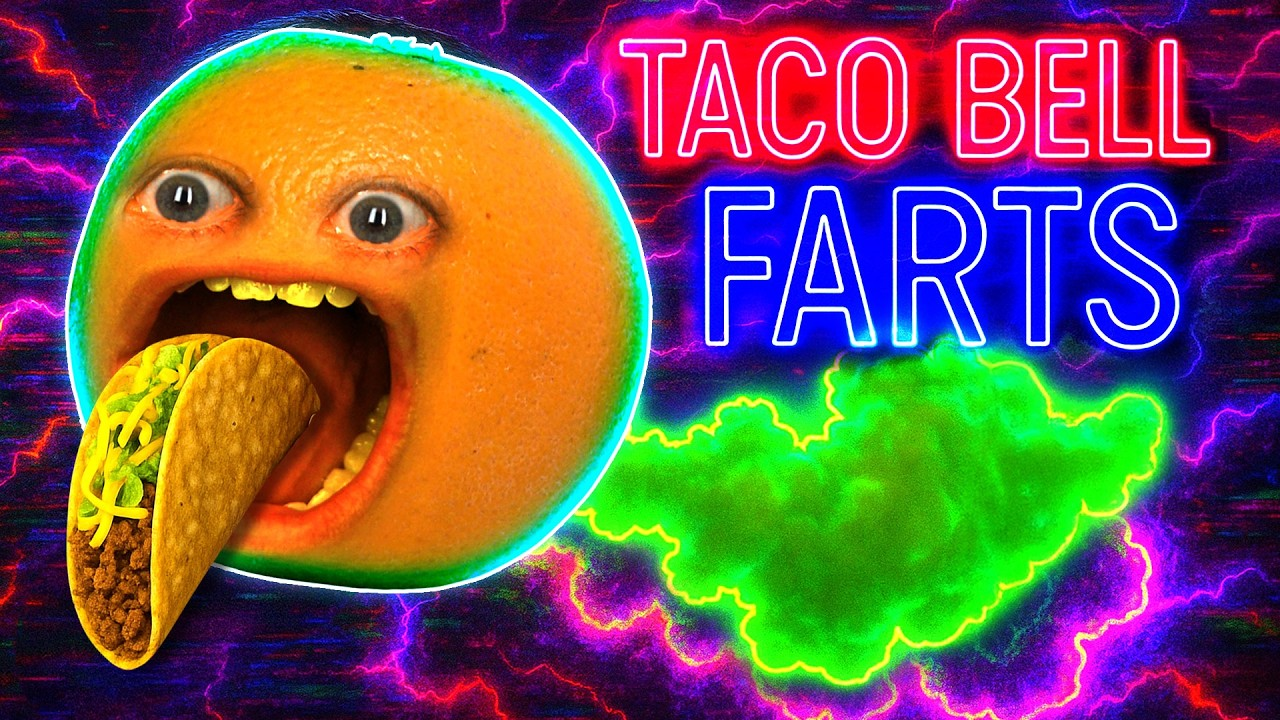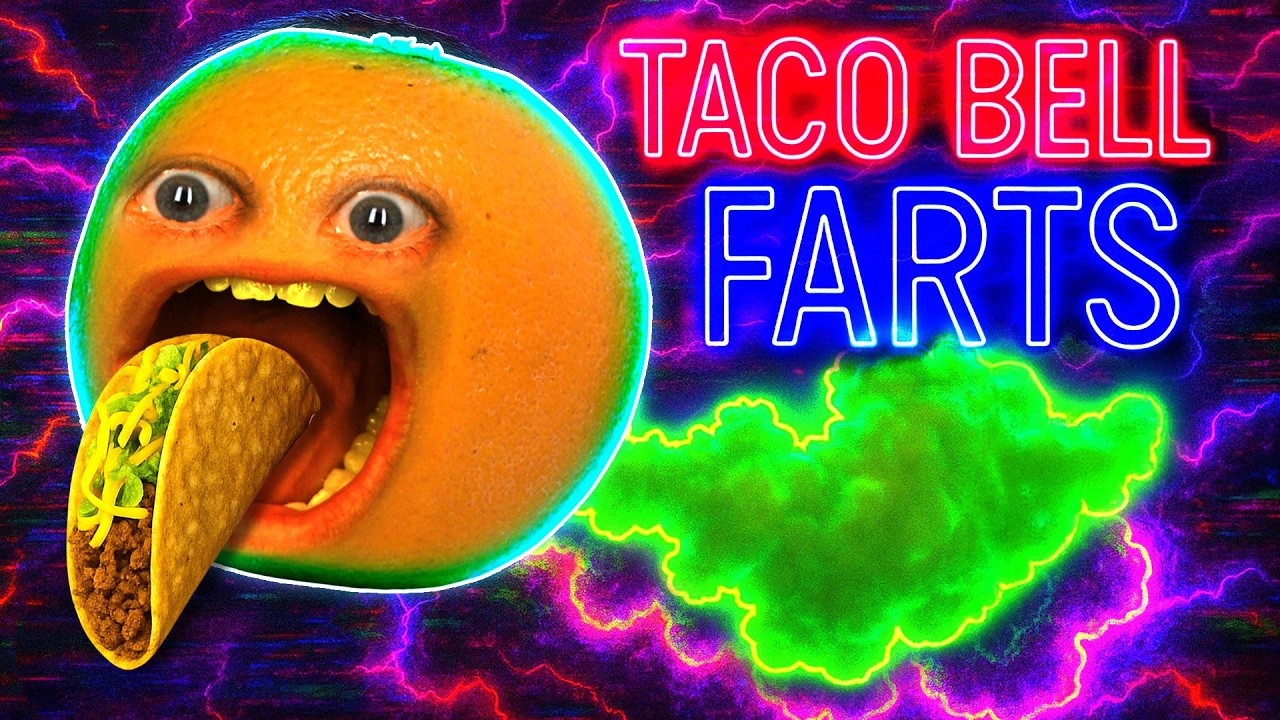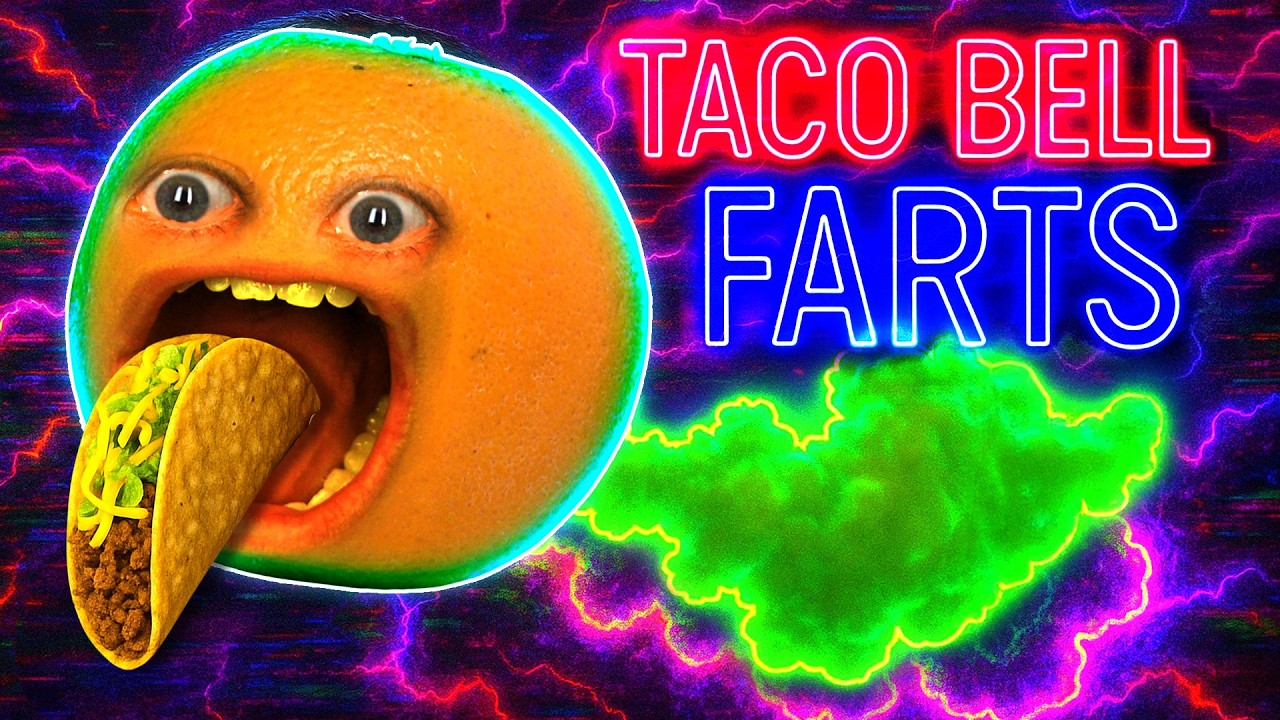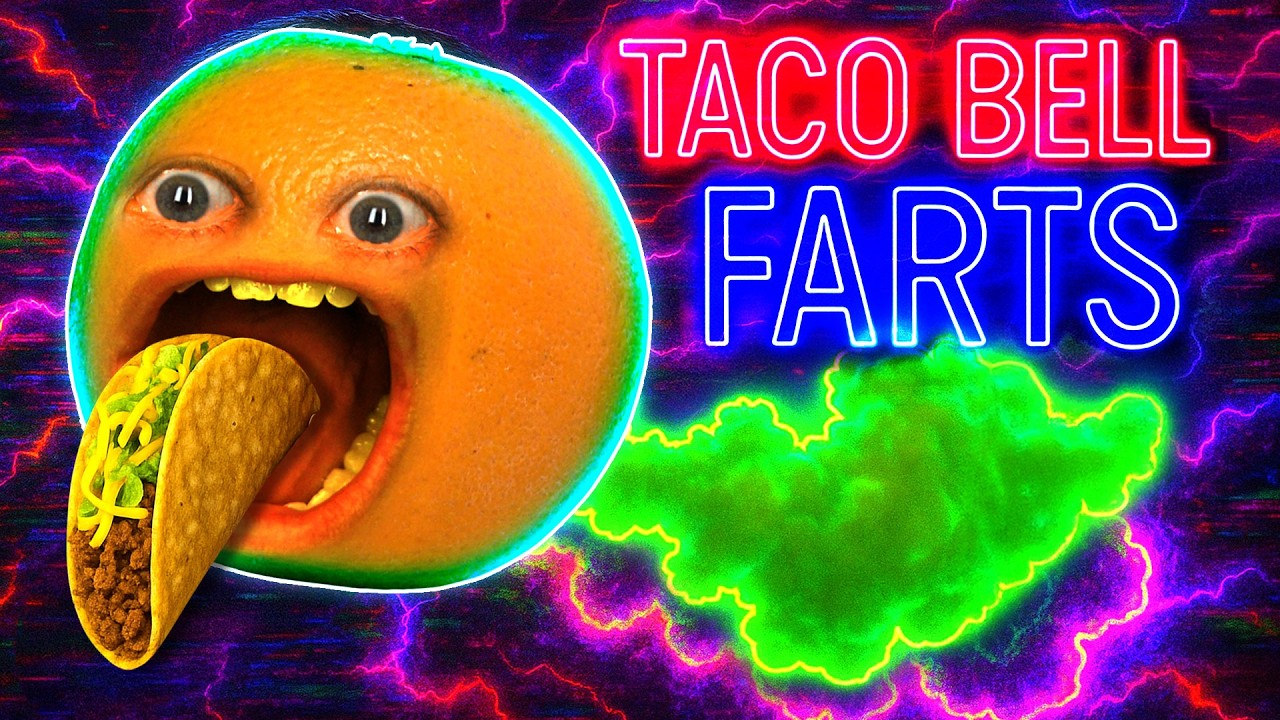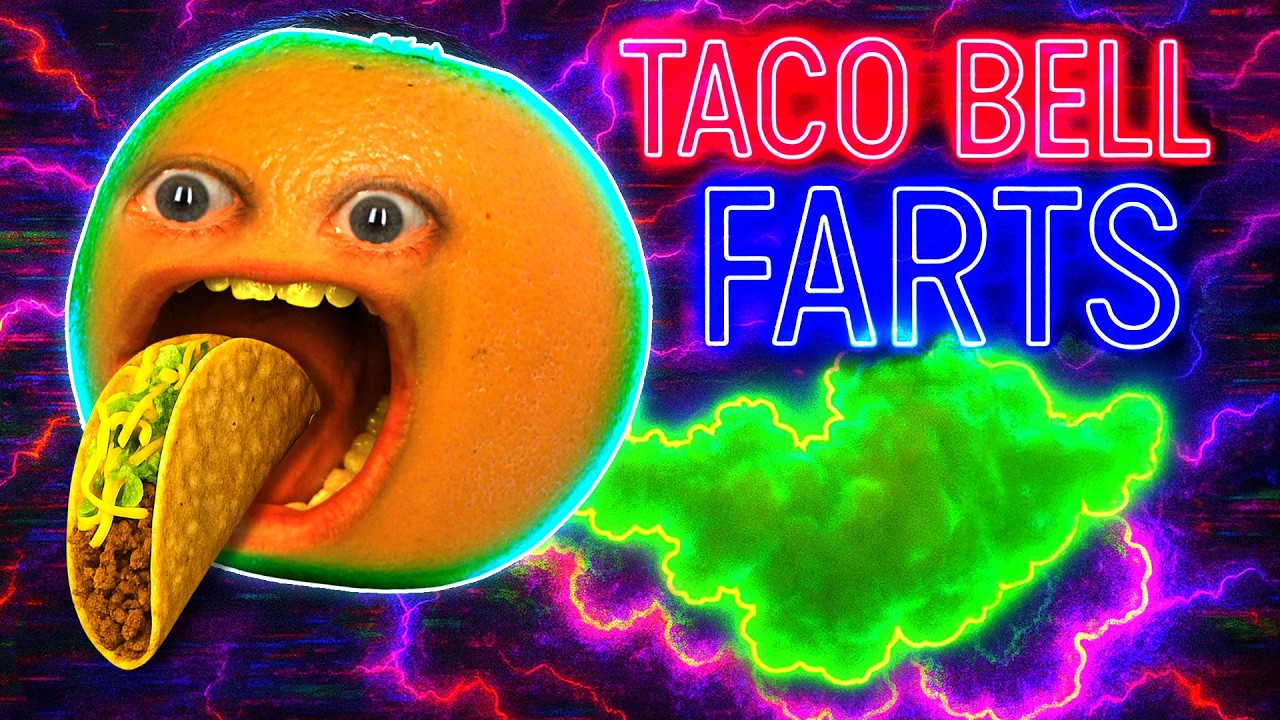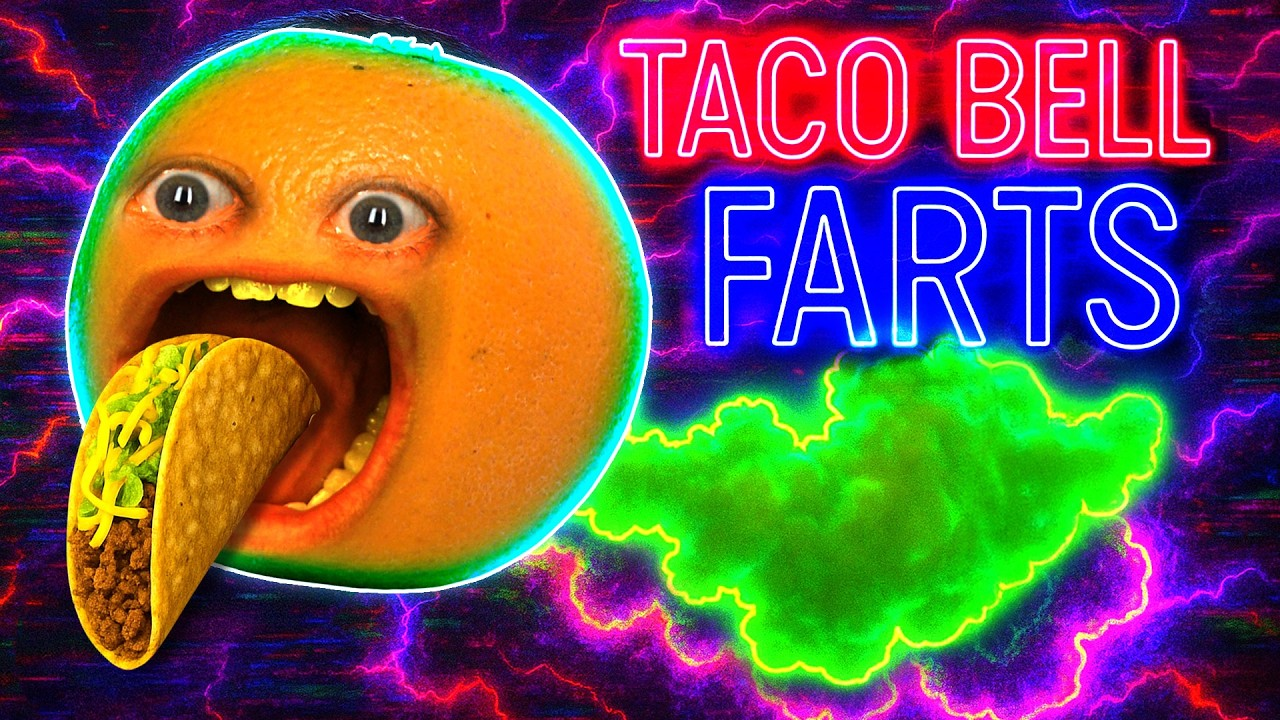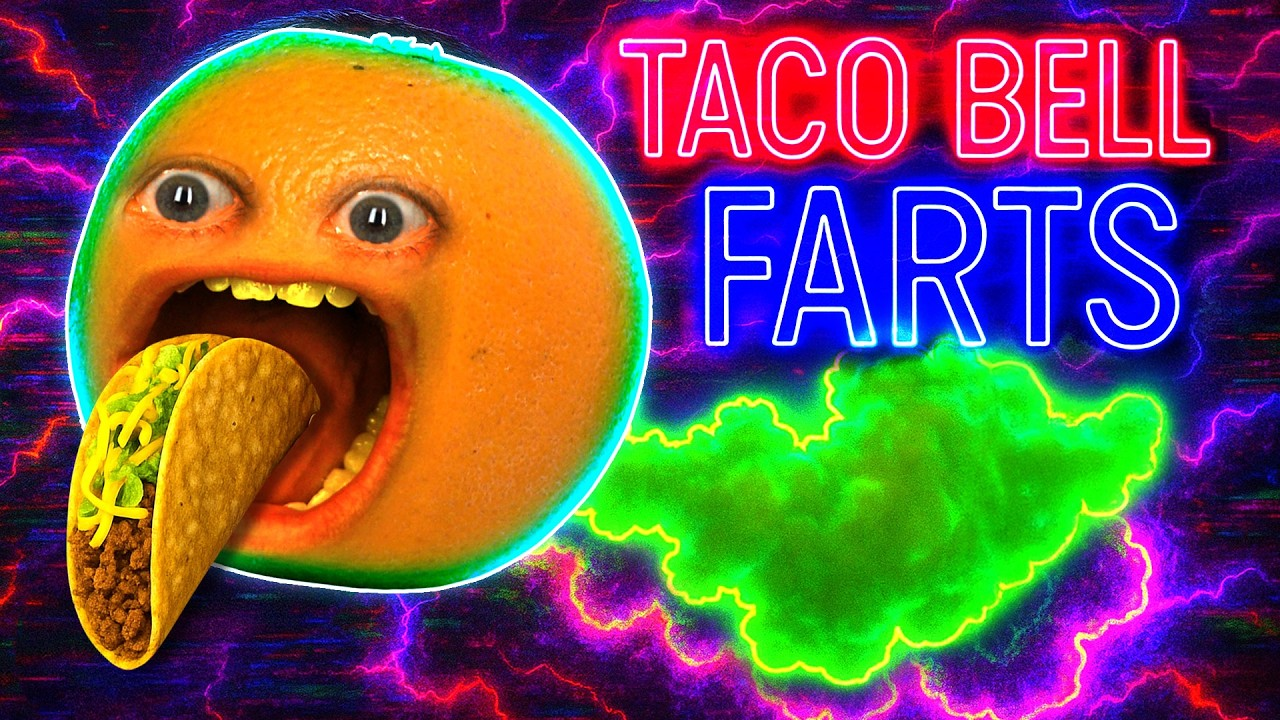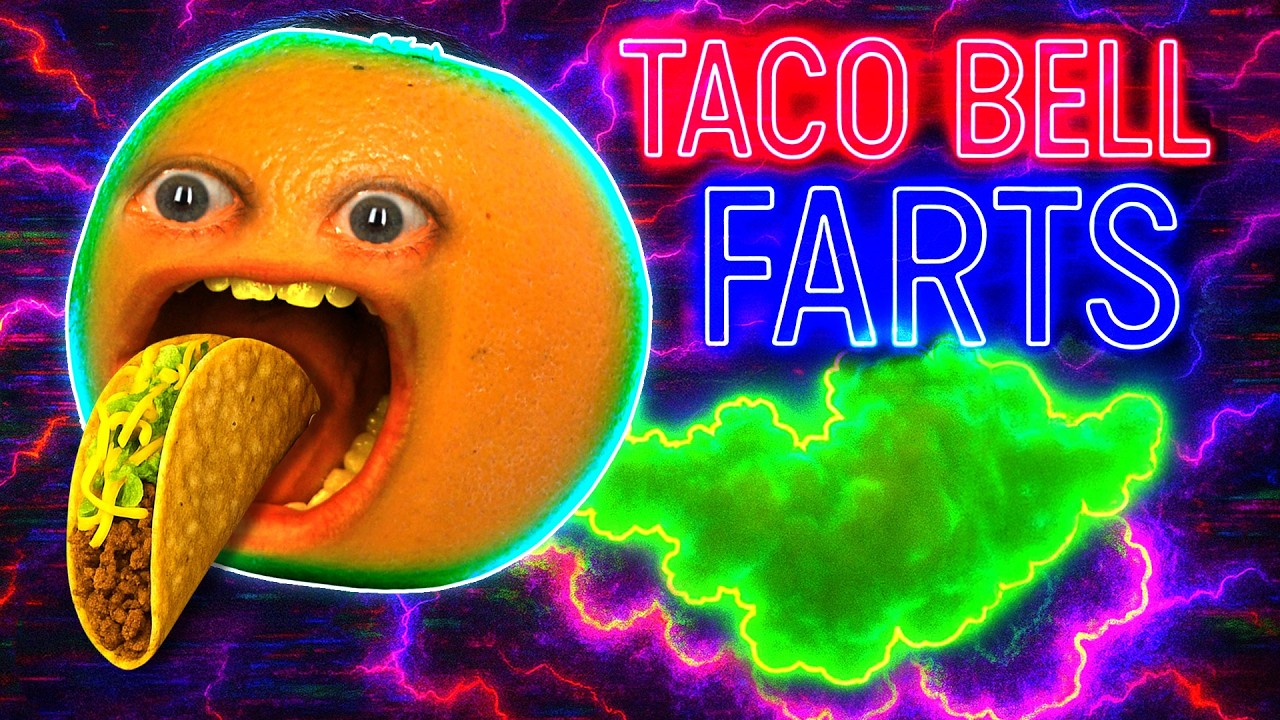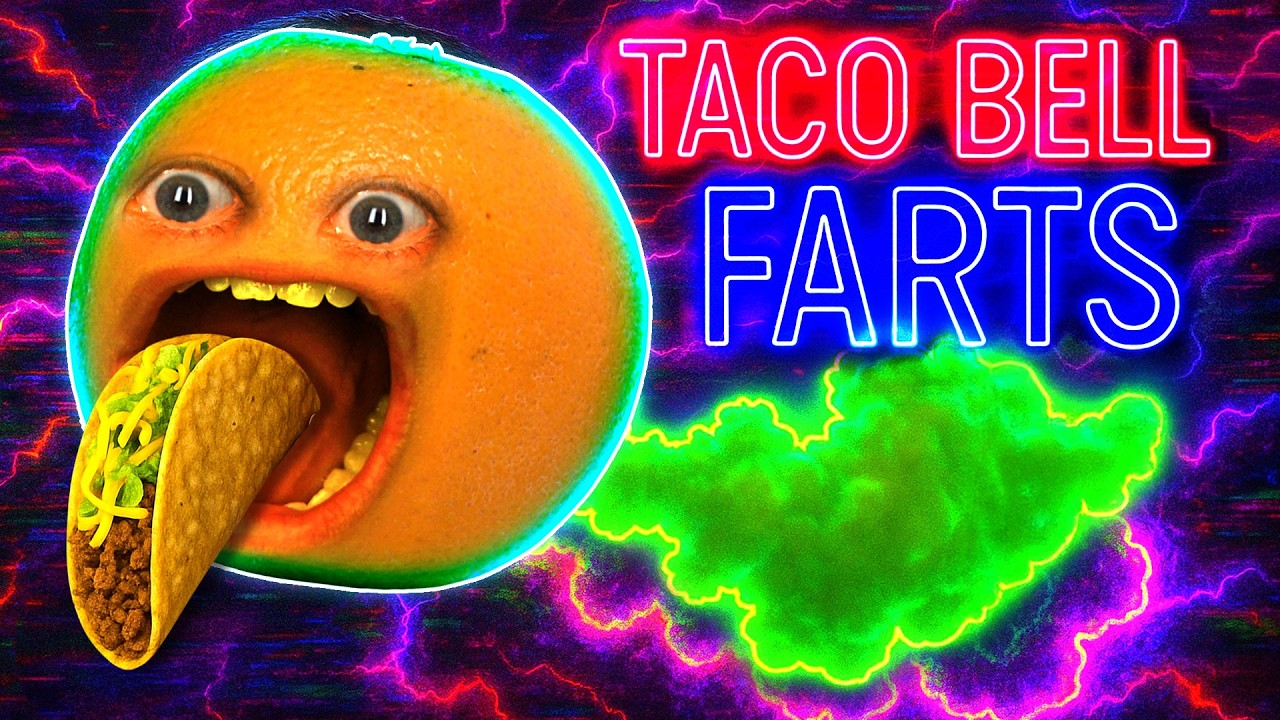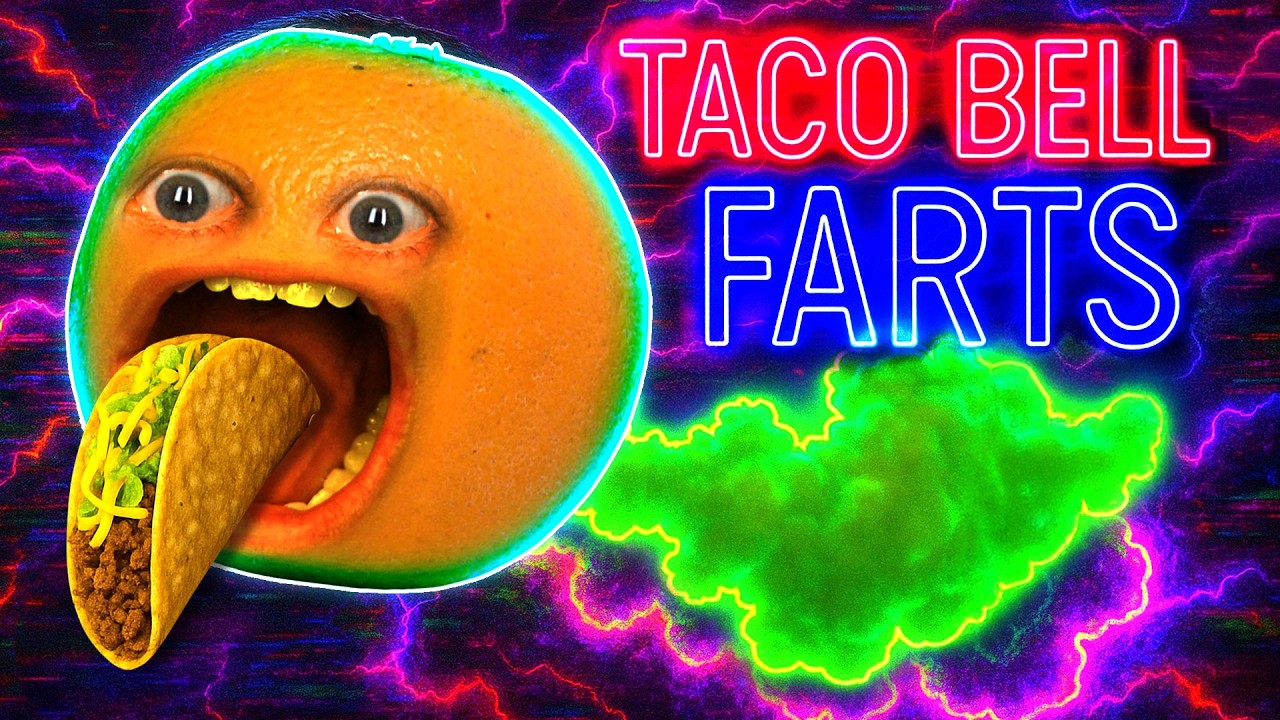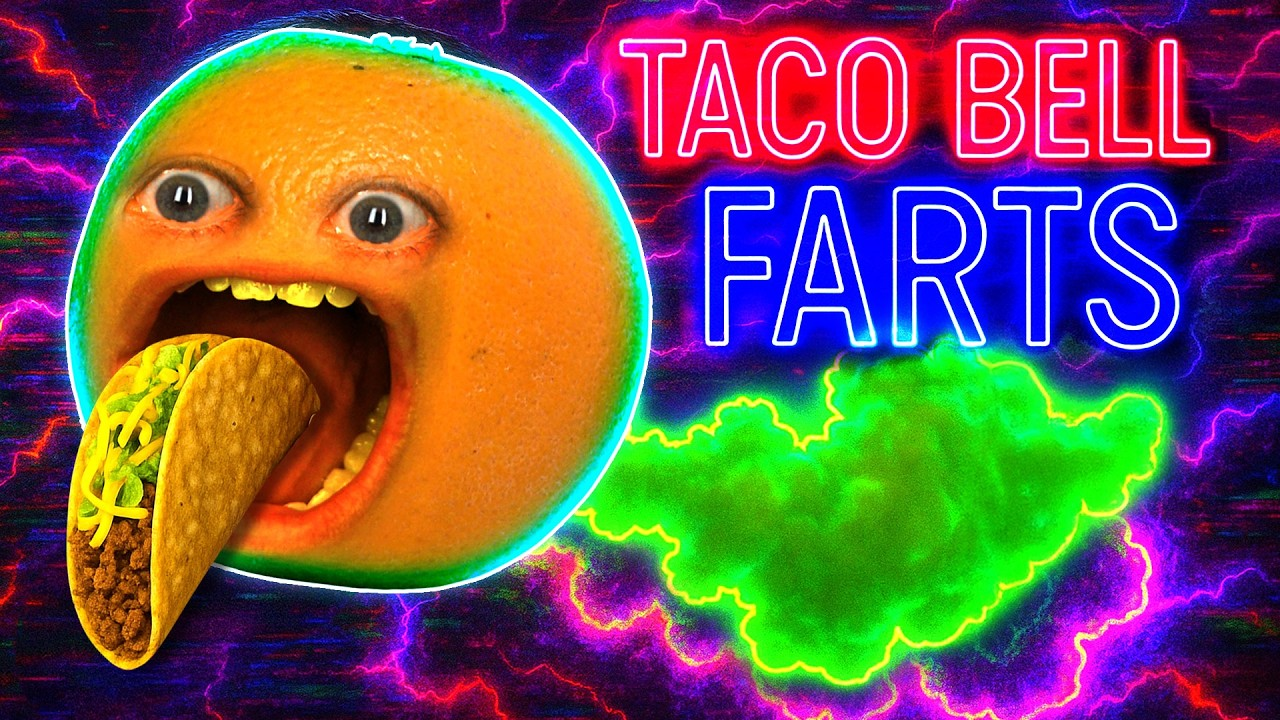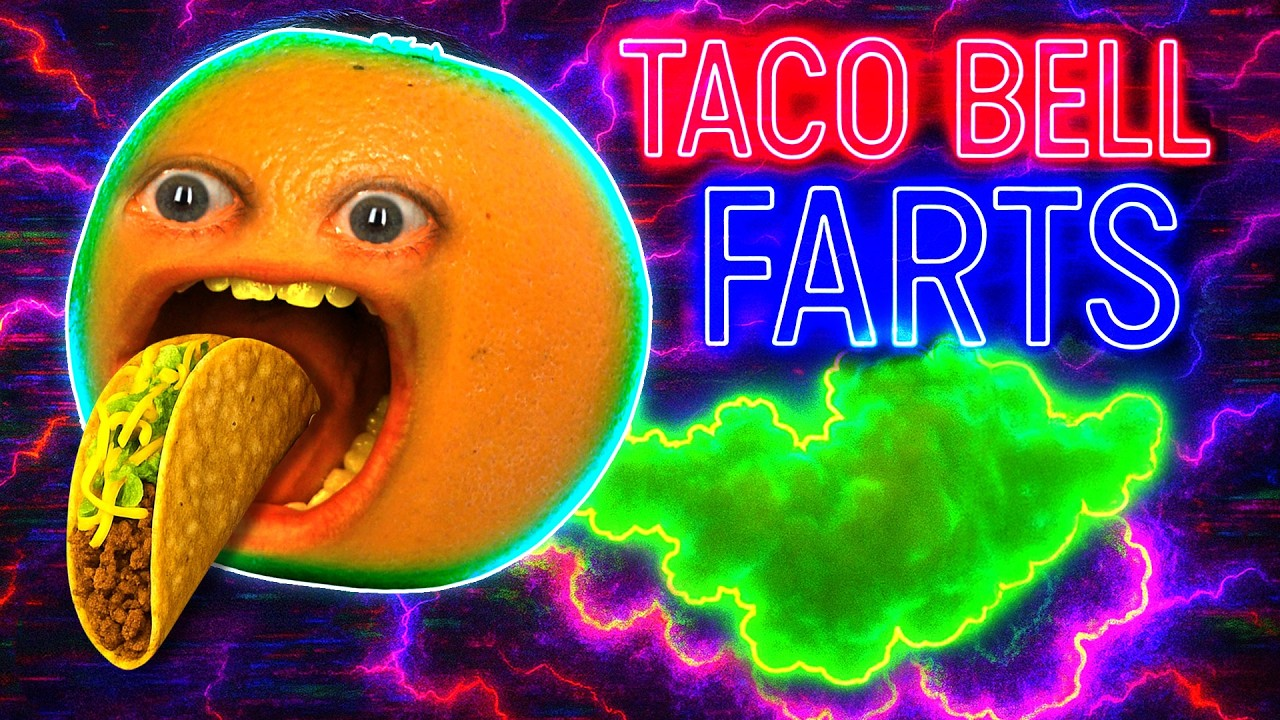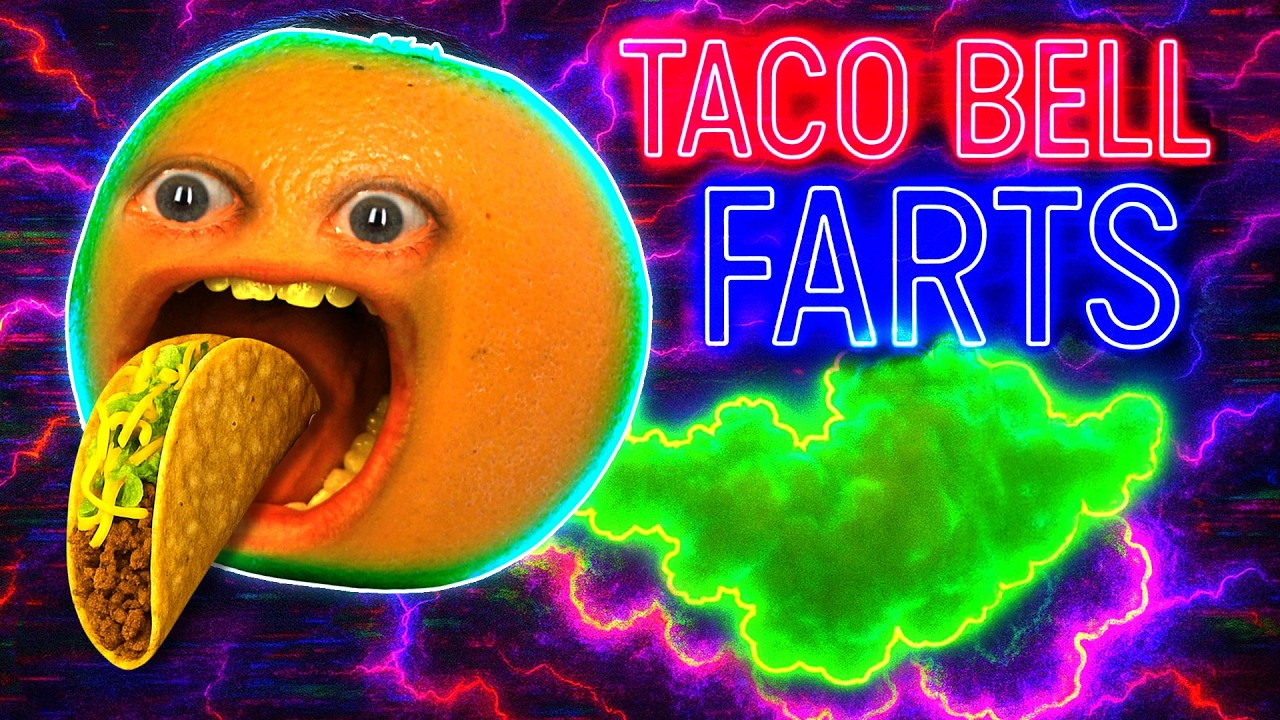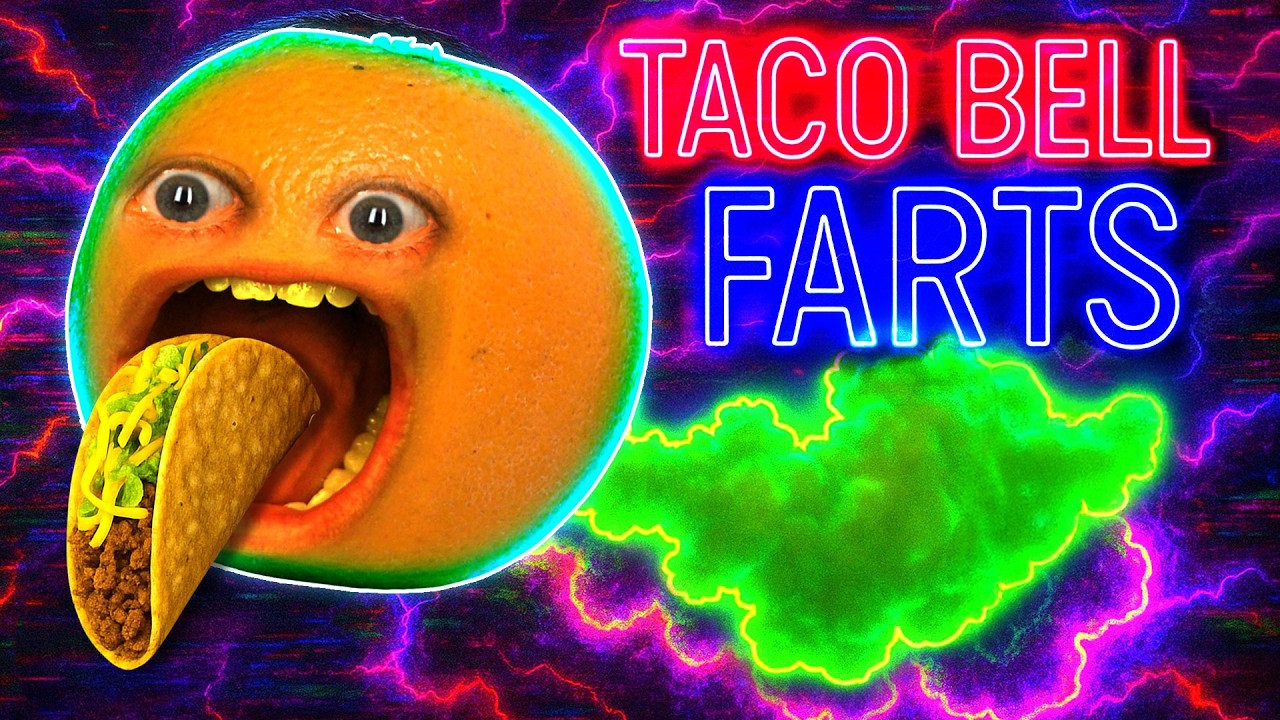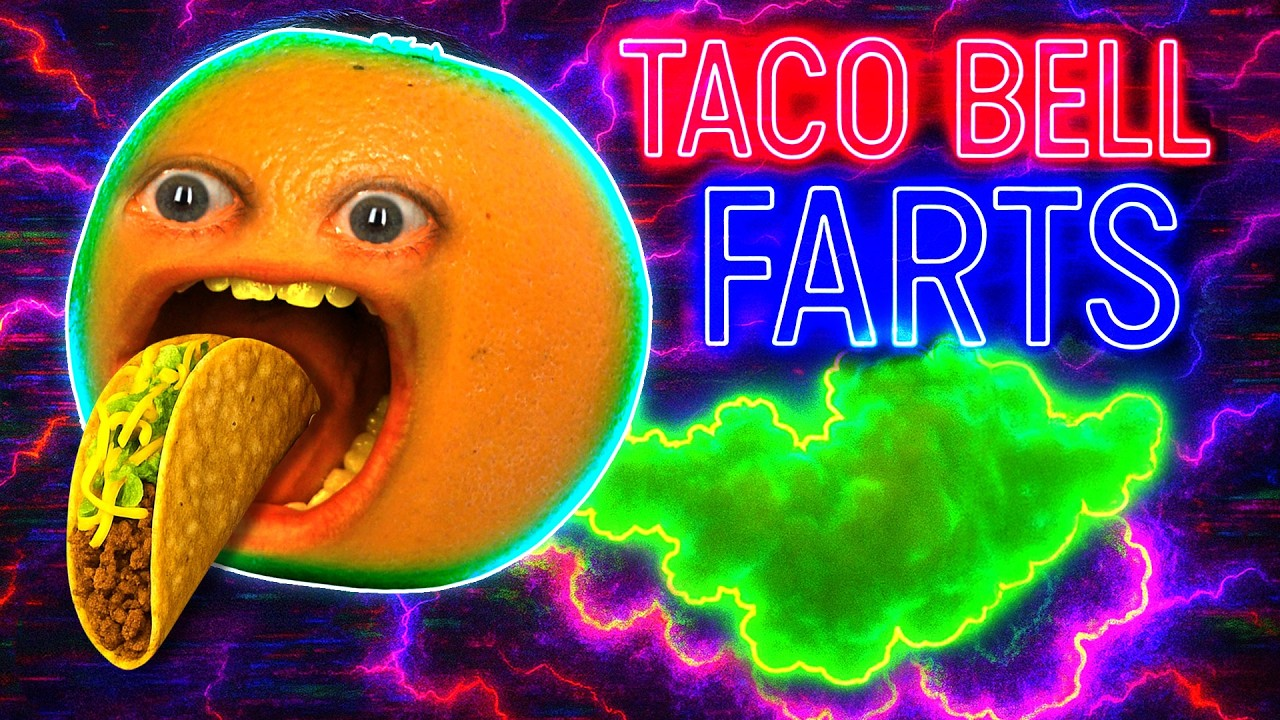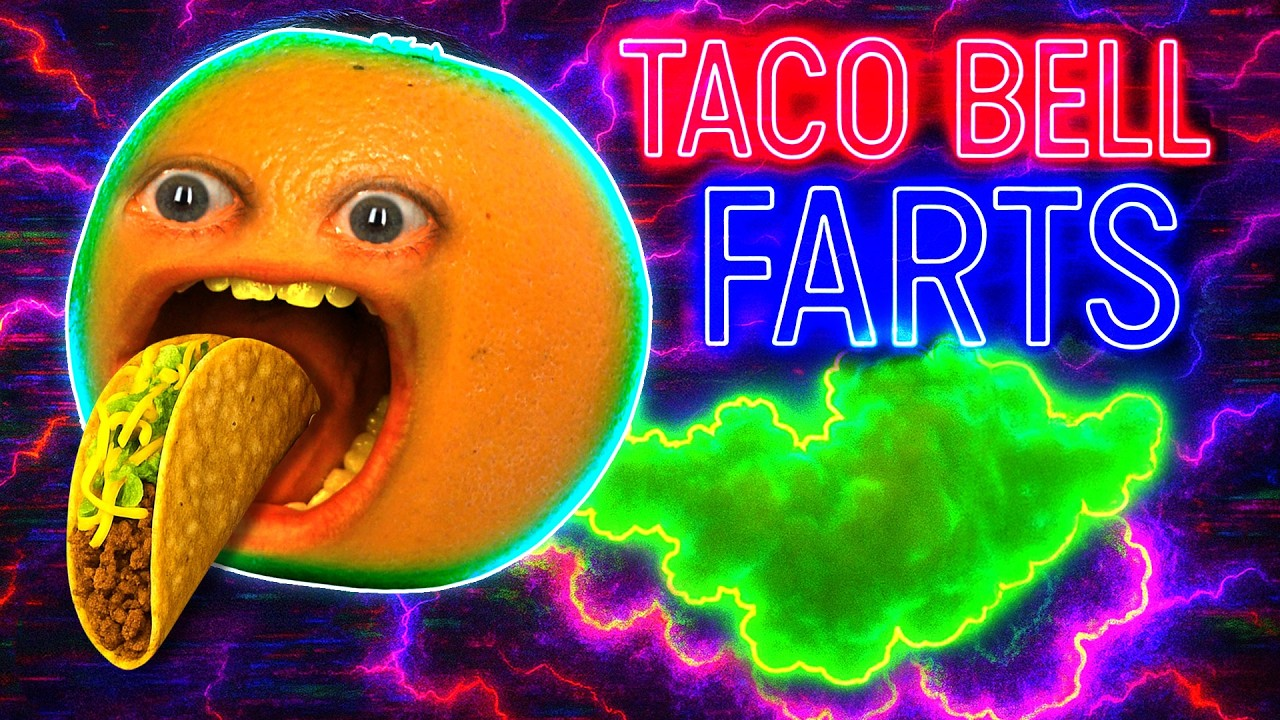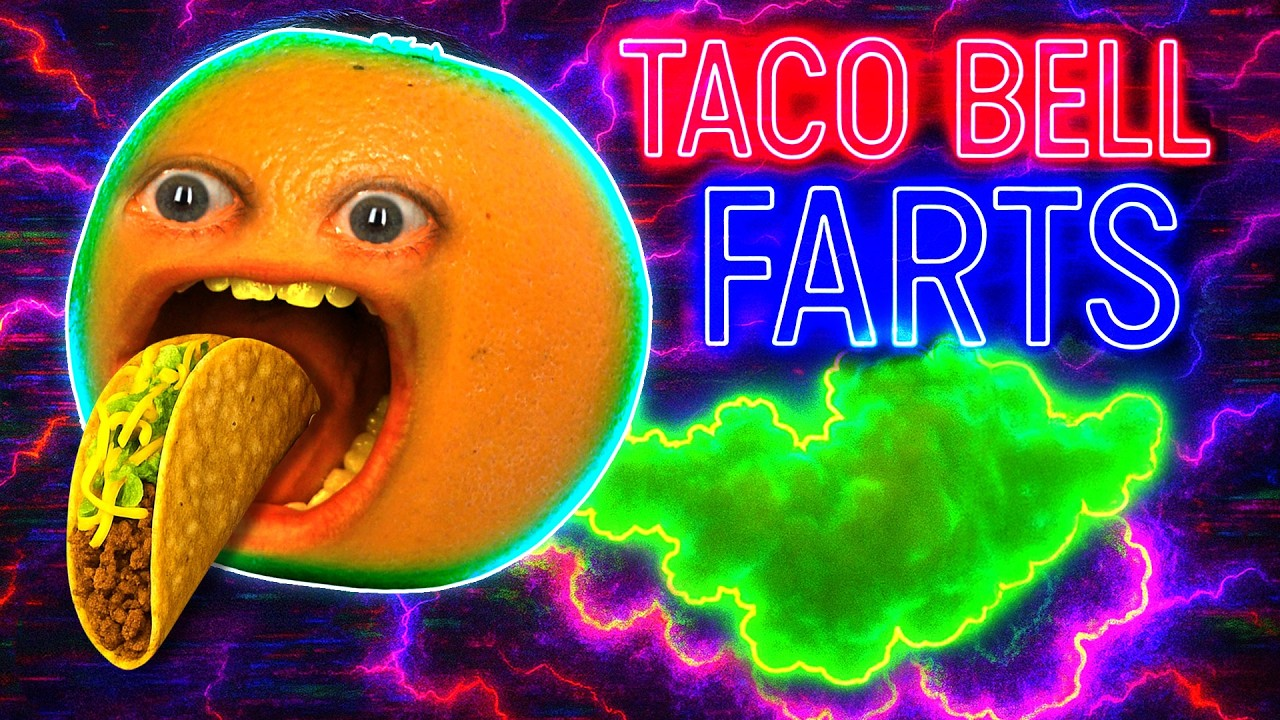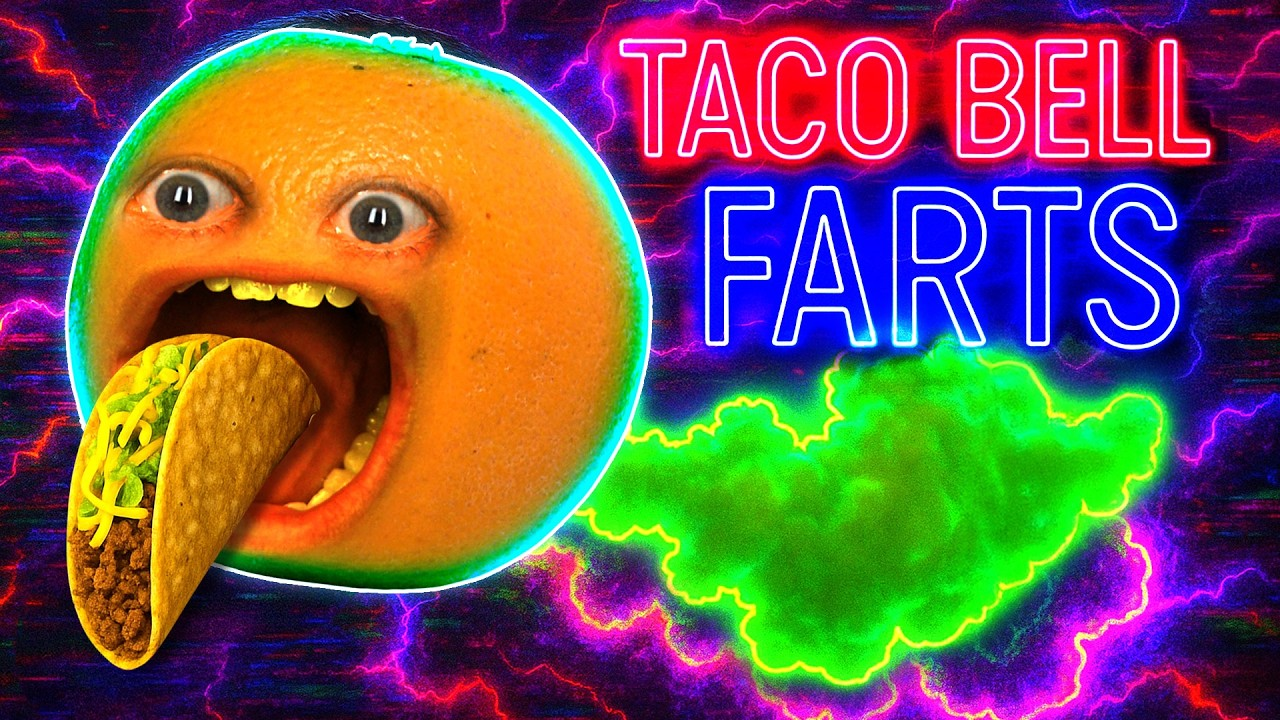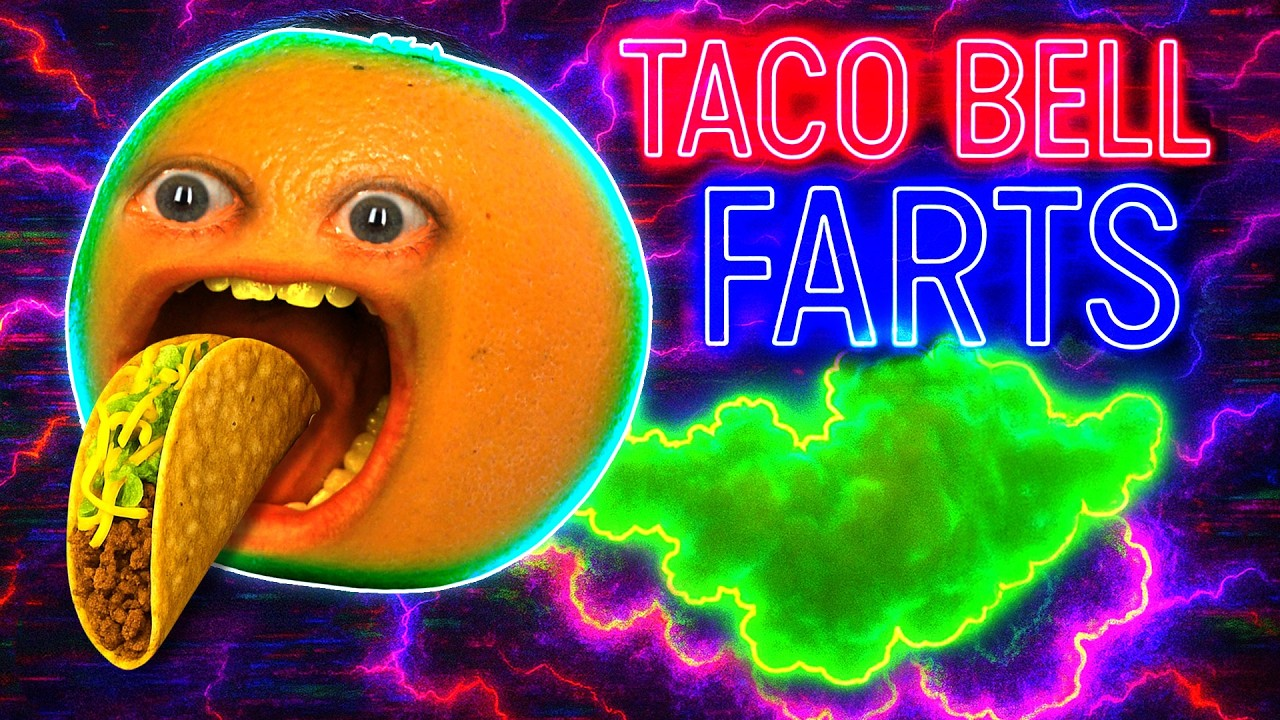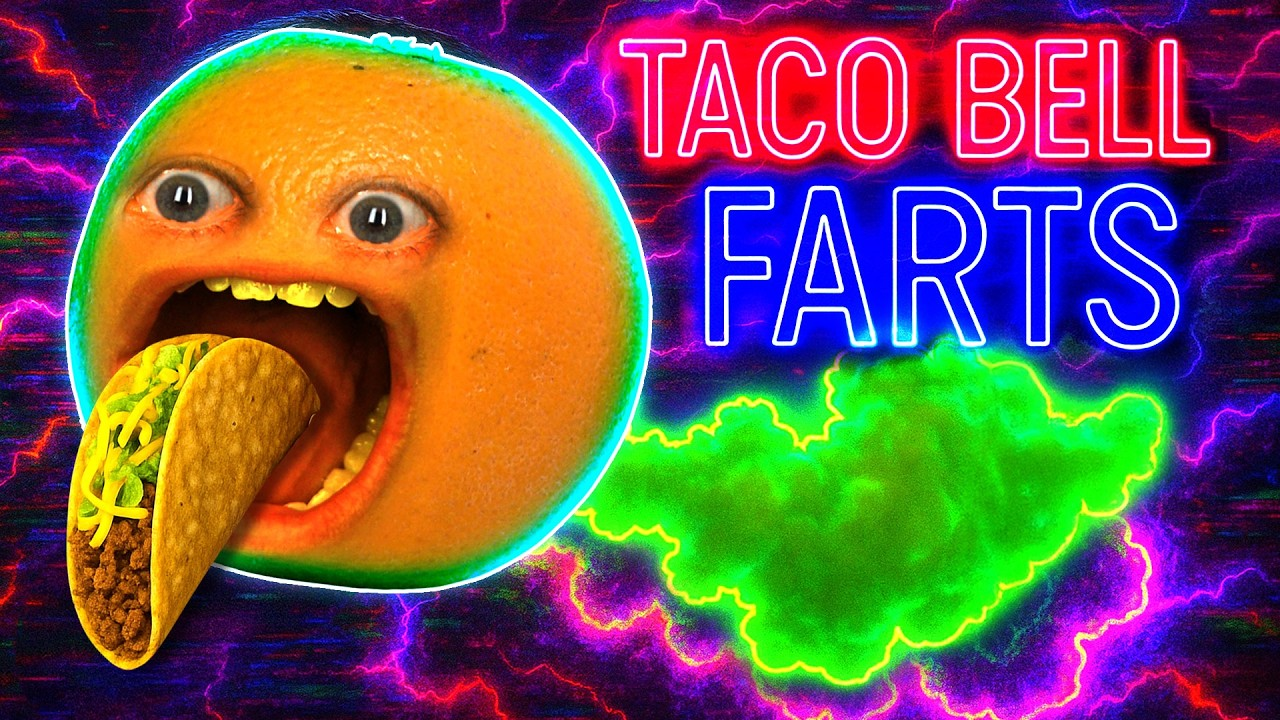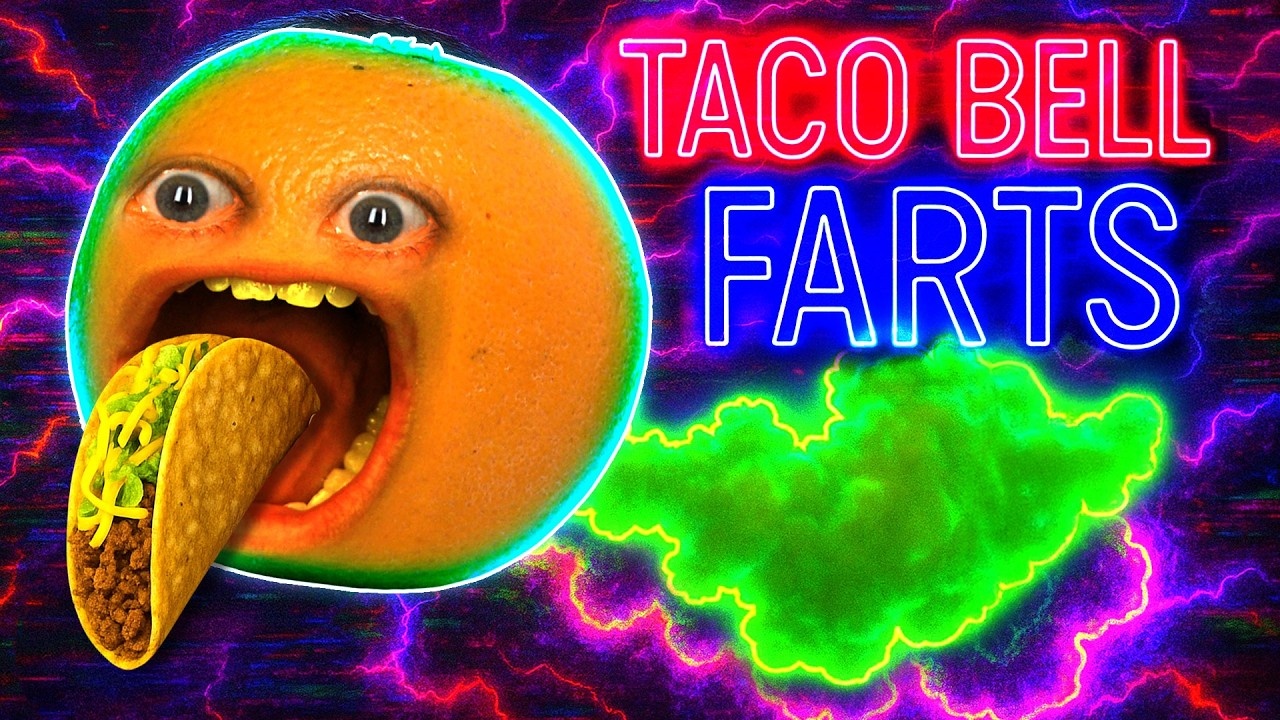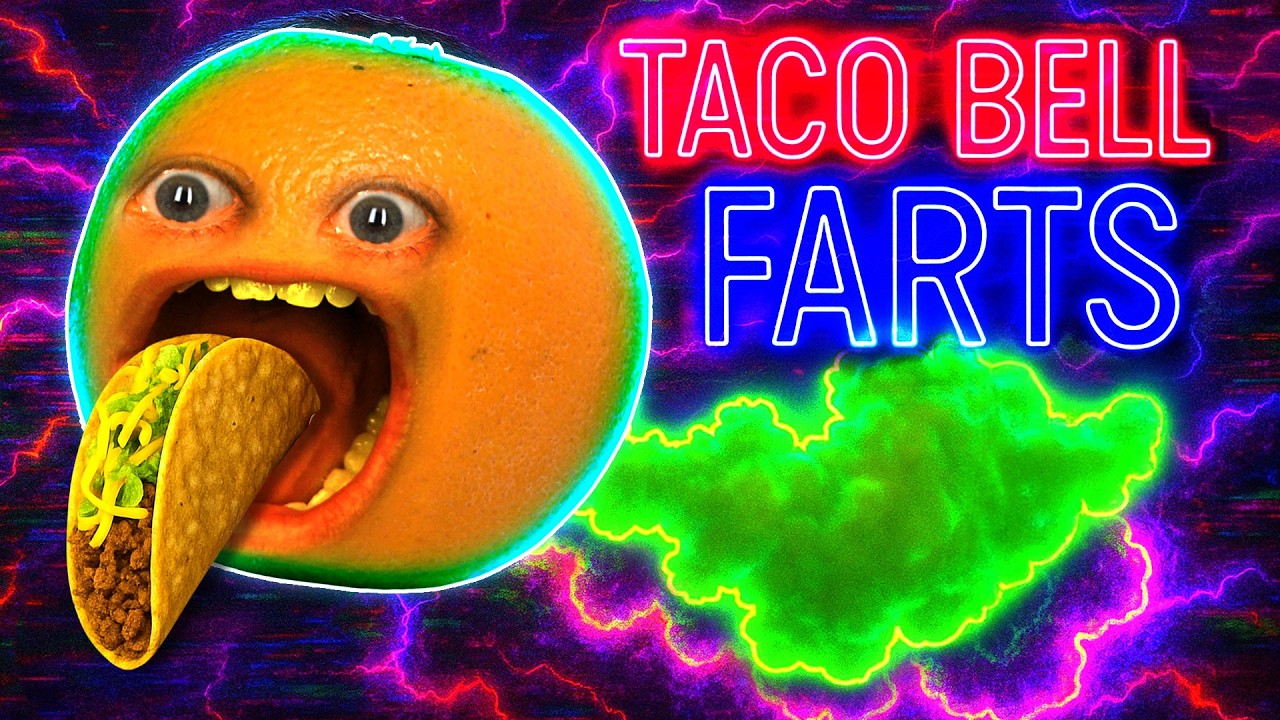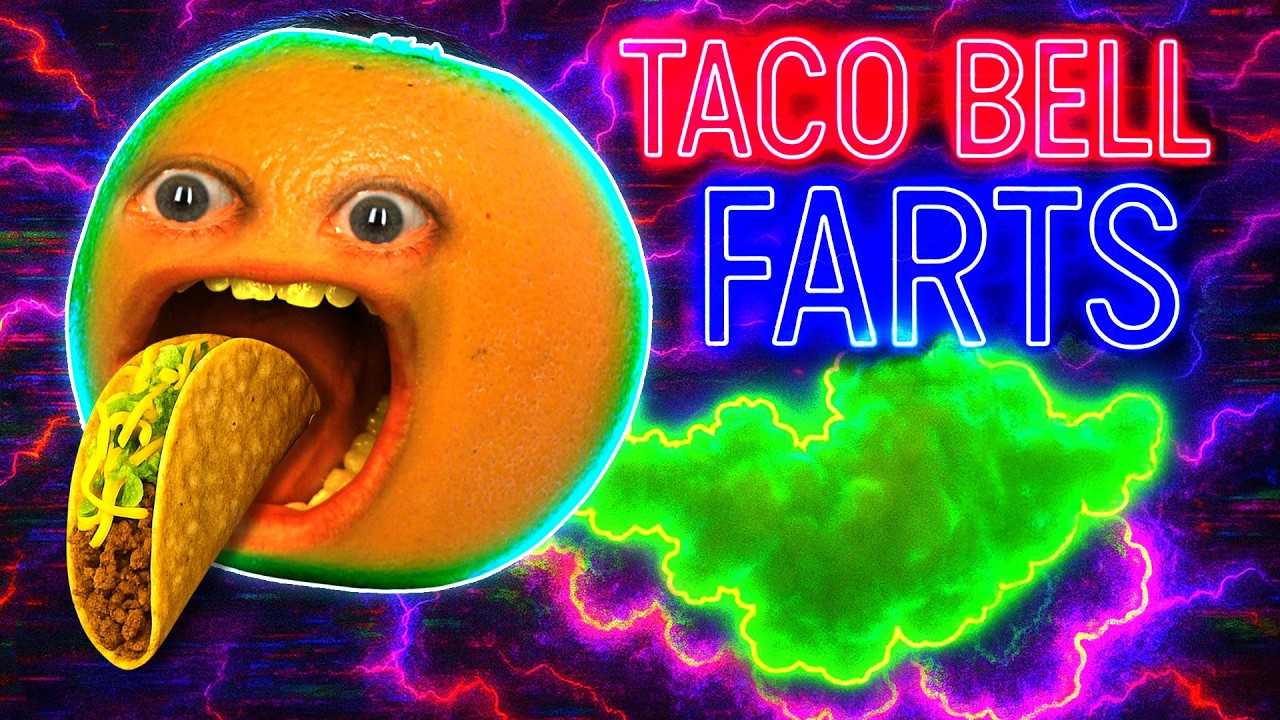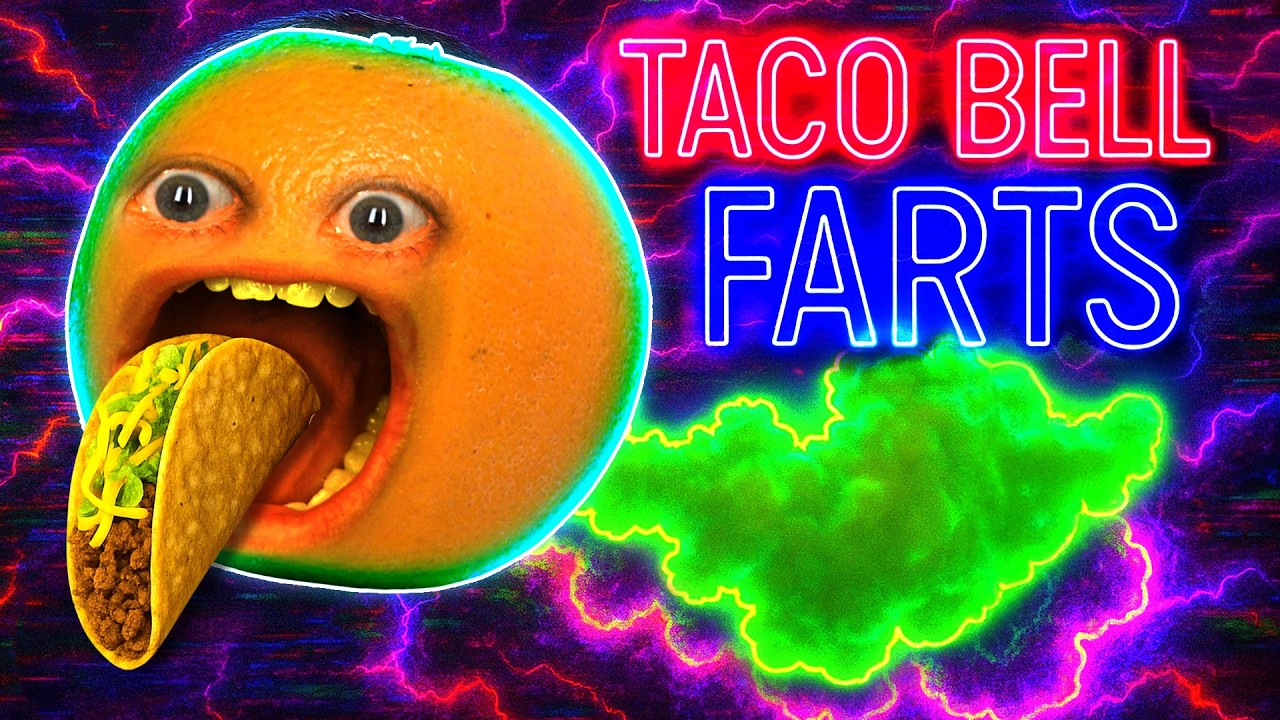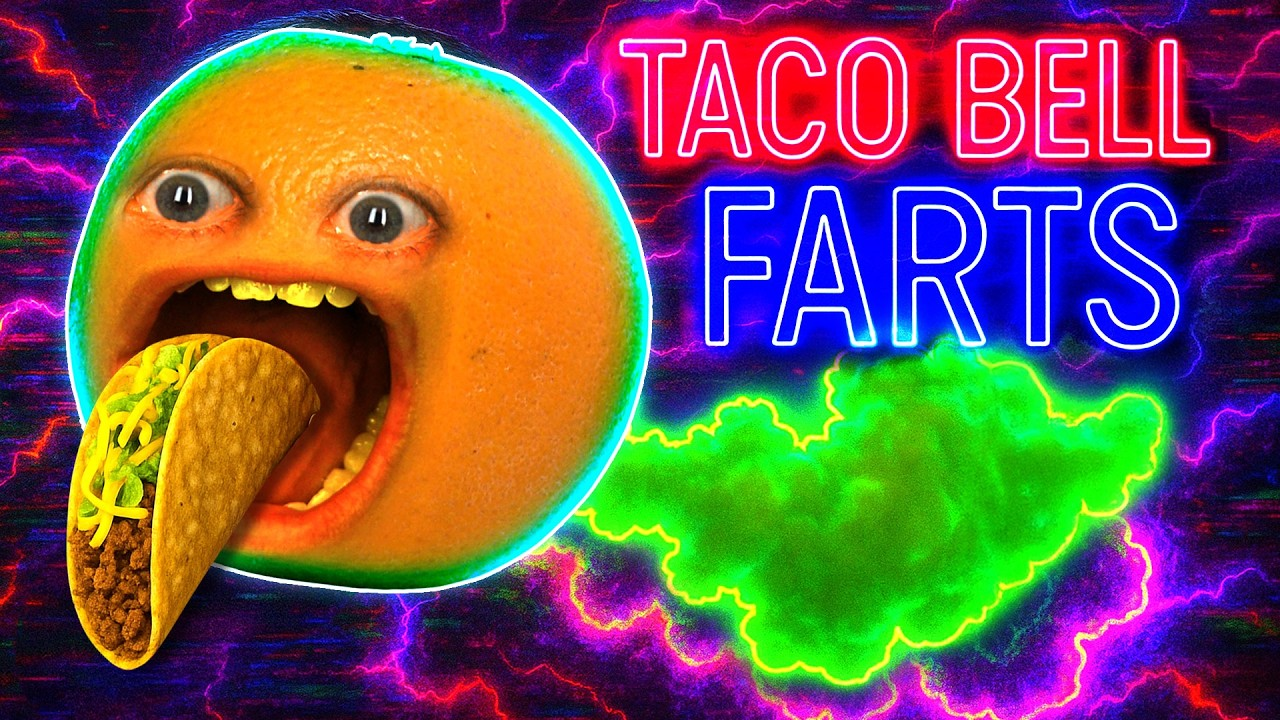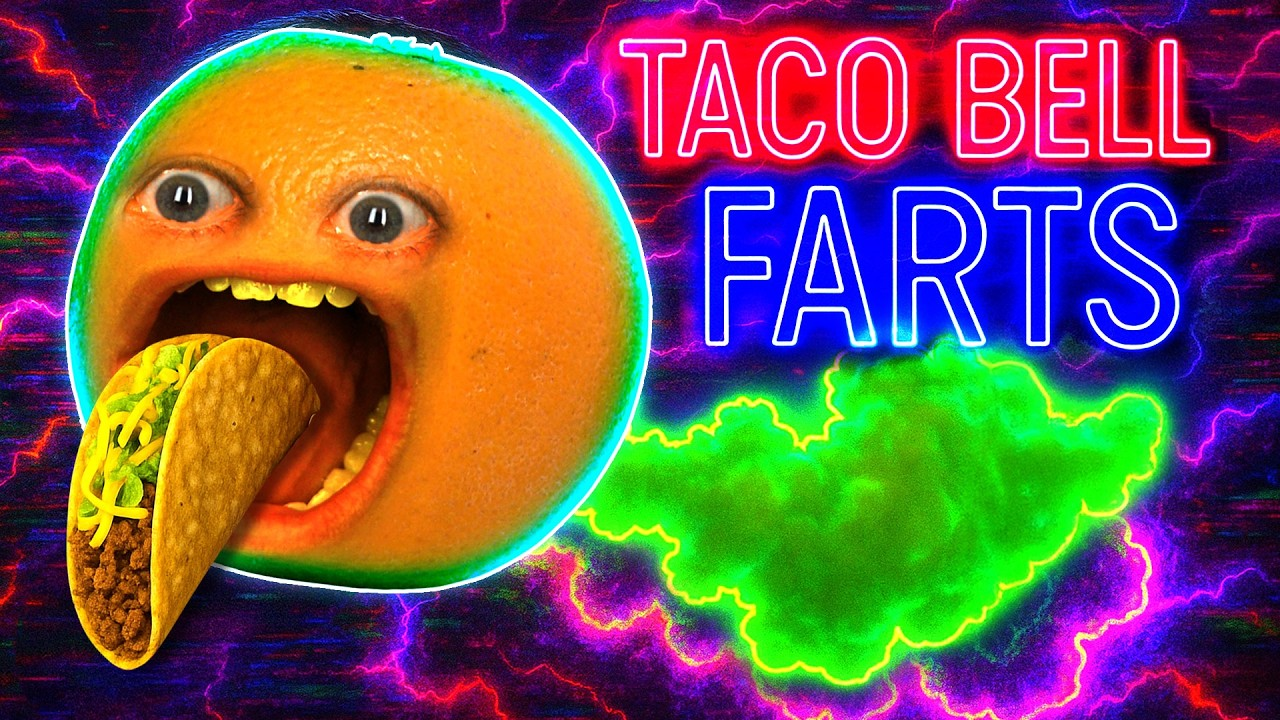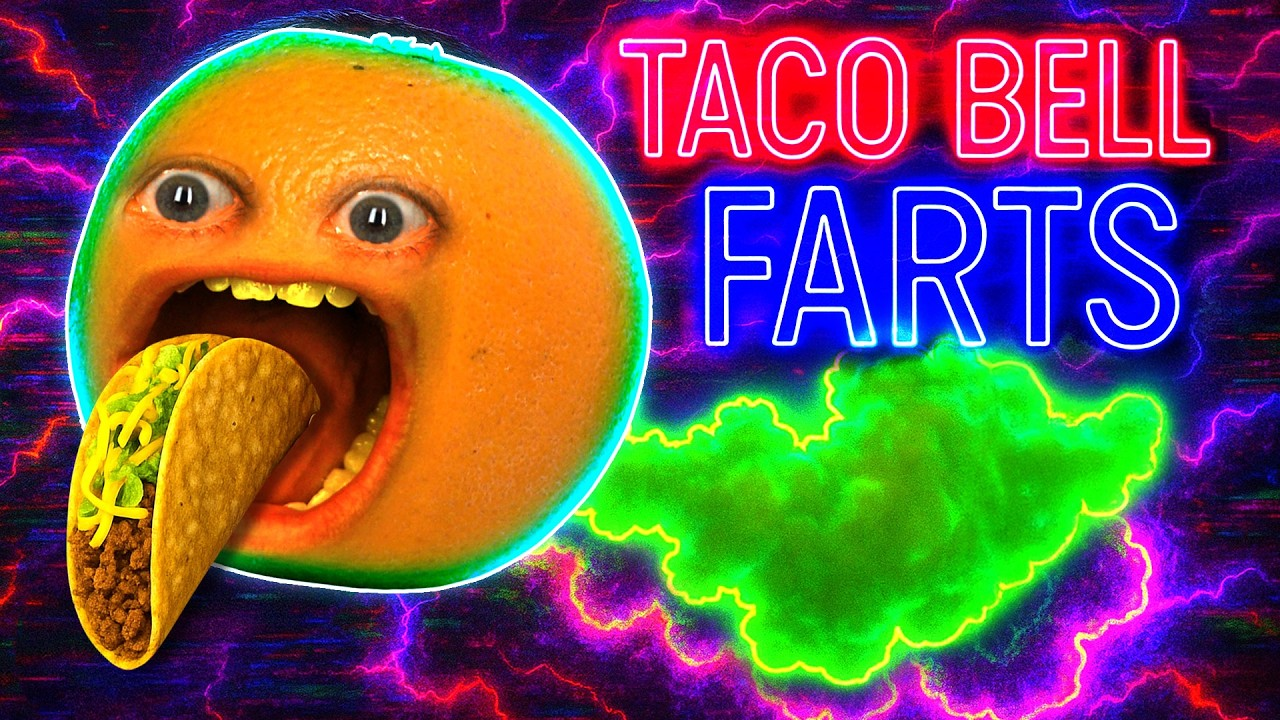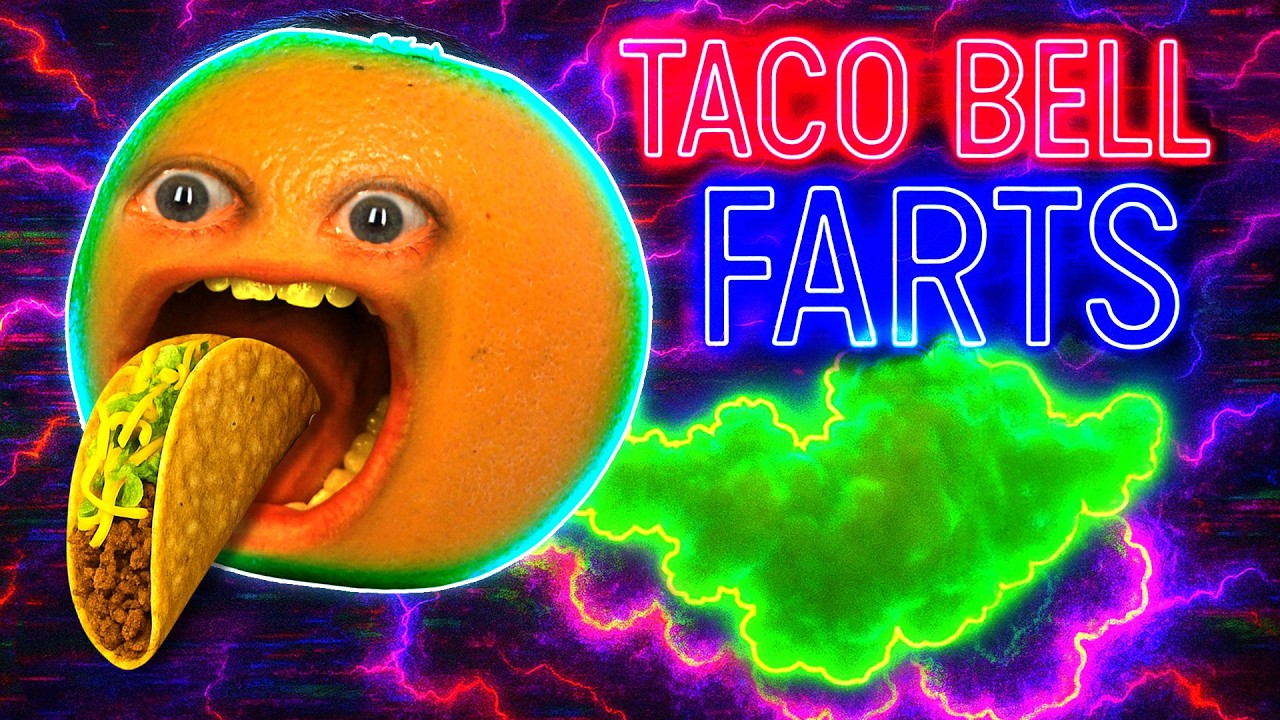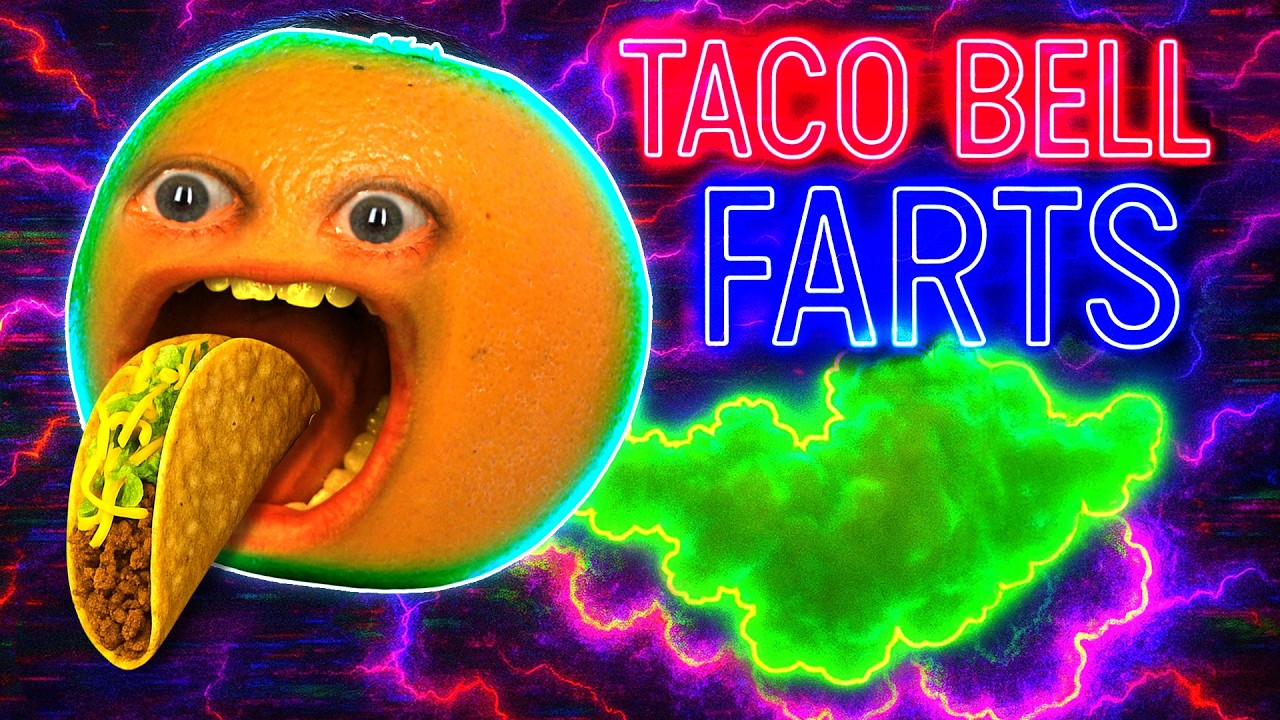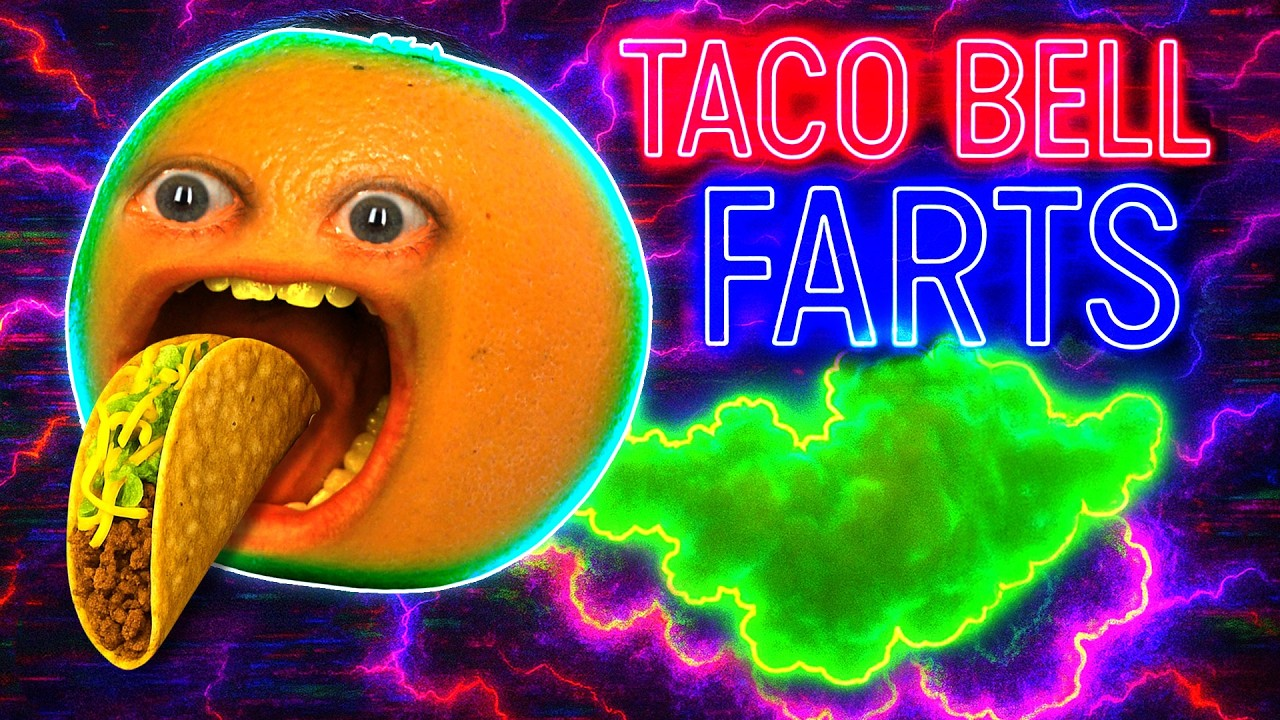Bruhlophobia is a specific [Phobia](/wiki/phobia) characterized by an intense and irrational [Fear](/wiki/fear) related to the word "Bruh". This uncommon [Condition](/wiki/condition) can cause significant distress and [Anxiety](/wiki/anxiety) in affected individuals. Unlike typical phobias which might involve objects or situations, Bruhlophobia centers around a specific linguistic utterance, making it a unique psychological phenomenon.
+Individuals suffering from Bruhlophobia may experience a range of physical and psychological symptoms when exposed to the word "Bruh", whether spoken, written, or even imagined. These symptoms can include [Panic Attacks](/wiki/panic-attacks), rapid heartbeat, shortness of breath, sweating, trembling, dizziness, and a profound sense of impending doom or loss of control. The [Fear Response](/wiki/fear-response) can be so overwhelming that it significantly impacts daily life.
+The exact causes of Bruhlophobia are not fully understood, but like other specific phobias, it may stem from a combination of genetic predisposition, learned experiences, or traumatic events associated with the word. For example, a person might have experienced a highly negative social interaction or a significant personal embarrassment where the word "Bruh" was prominently used, leading to a conditioned fear response. [Social Anxiety](/wiki/social-anxiety) or heightened sensitivity to perceived judgment could also contribute to its development.
+The impact of Bruhlophobia can be far-reaching. Sufferers might go to great lengths to avoid situations where the word "Bruh" is likely to be encountered. This could include withdrawing from social media platforms, avoiding certain peer groups, or even limiting exposure to popular culture. Such avoidance behaviors can lead to social isolation, difficulties in communication, and a diminished quality of life, further exacerbating underlying [Mental Health](/wiki/mental-health) concerns.
+Treatment for Bruhlophobia typically mirrors approaches used for other specific phobias. [Cognitive Behavioral Therapy](/wiki/cbt) (CBT) and [Exposure Therapy](/wiki/exposure-therapy) are common and effective interventions. CBT helps individuals challenge and reframe their irrational thoughts about the word, while exposure therapy gradually introduces the feared stimulus in a controlled environment to help desensitize the individual to the word. [Relaxation Techniques](/wiki/relaxation) and mindfulness practices can also be beneficial in managing the acute symptoms of anxiety and panic.
... 14 more lines
#43 months ago
+11-6
Migrated from pages table
-Bruhlophobia is a specific [Phobia](/wiki/phobia) characterized by an intense and irrational [Fear](/wiki/fear) related to the word "Bruh". This uncommon condition can cause significant distress and anxiety in affected individuals.
-## See also
-- [Anxiety](/wiki/anxiety)
-- [Mental Health](/wiki/mental-health)
-- [Psychology](/wiki/psychology)
+
+Bruhlophobia is a specific [Phobia](/wiki/phobia) characterized by an intense and irrational [Fear](/wiki/fear) related to the word "Bruh". This uncommon [Condition](/wiki/condition) can cause significant distress and [Anxiety](/wiki/anxiety) in affected individuals. Unlike typical phobias which might involve objects or situations, Bruhlophobia centers around a specific linguistic utterance, making it a unique psychological phenomenon.
+Individuals suffering from Bruhlophobia may experience a range of physical and psychological symptoms when exposed to the word "Bruh", whether spoken, written, or even imagined. These symptoms can include [Panic Attacks](/wiki/panic-attacks), rapid heartbeat, shortness of breath, sweating, trembling, dizziness, and a profound sense of impending doom or loss of control. The [Fear Response](/wiki/fear-response) can be so overwhelming that it significantly impacts daily life.
+The exact causes of Bruhlophobia are not fully understood, but like other specific phobias, it may stem from a combination of genetic predisposition, learned experiences, or traumatic events associated with the word. For example, a person might have experienced a highly negative social interaction or a significant personal embarrassment where the word "Bruh" was prominently used, leading to a conditioned fear response. [Social Anxiety](/wiki/social-anxiety) or heightened sensitivity to perceived judgment could also contribute to its development.
+The impact of Bruhlophobia can be far-reaching. Sufferers might go to great lengths to avoid situations where the word "Bruh" is likely to be encountered. This could include withdrawing from social media platforms, avoiding certain peer groups, or even limiting exposure to popular culture. Such avoidance behaviors can lead to social isolation, difficulties in communication, and a diminished quality of life, further exacerbating underlying [Mental Health](/wiki/mental-health) concerns.
... 12 more lines
+5-5
-Bruhlophobia is a specific [Phobia](/wiki/phobia) characterized by an intense and irrational [Fear](/wiki/fear) related to the word "Bruh". This uncommon condition can cause significant distress and anxiety in affected individuals.
-## See also
-- [Anxiety](/wiki/anxiety)
-- [Mental Health](/wiki/mental-health)
-- [Psychology](/wiki/psychology)
+Bruhlophobia is a specific [Phobia](/wiki/phobia) characterized by an intense and irrational [Fear](/wiki/fear) related to the word "Bruh". This uncommon condition can cause significant distress and anxiety in affected individuals.
+## See also
+- [Anxiety](/wiki/anxiety)
+- [Mental Health](/wiki/mental-health)
+- [Psychology](/wiki/psychology)
... 5 more lines
+1-1
-Bruhlophobia is a specific [Phobia](/wiki/phobia) characterized by an intense and irrational [Fear](/wiki/fear) related to "Bruhl" or associated concepts. This uncommon condition can cause significant distress and anxiety in affected individuals.
+Bruhlophobia is a specific [Phobia](/wiki/phobia) characterized by an intense and irrational [Fear](/wiki/fear) related to the word "Bruh". This uncommon condition can cause significant distress and anxiety in affected individuals.
+6
+Bruhlophobia is a specific [Phobia](/wiki/phobia) characterized by an intense and irrational [Fear](/wiki/fear) related to "Bruhl" or associated concepts. This uncommon condition can cause significant distress and anxiety in affected individuals.
+## See also
+- [Anxiety](/wiki/anxiety)
+- [Mental Health](/wiki/mental-health)
+- [Psychology](/wiki/psychology)
... 1 more lines